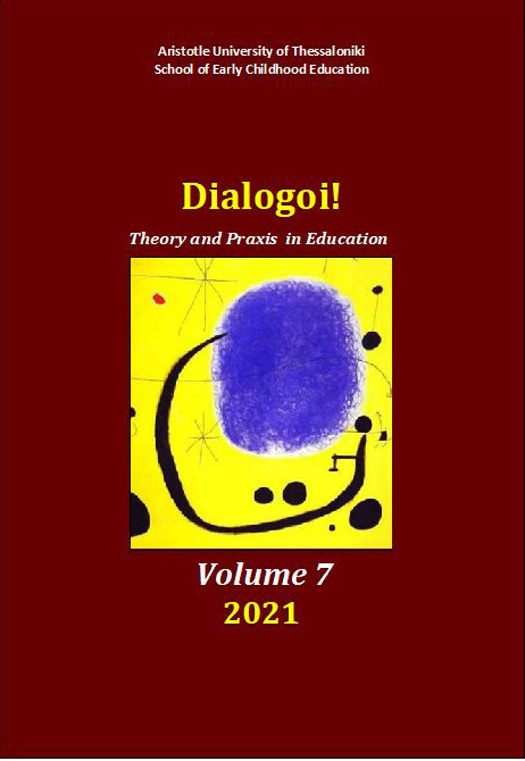Policy and Educational Administration: Asymmetries and Inequalities in Greek Primary Education

Abstract
This paper describes the asymmetries existing in Greek Primary Education mainly concerning the selection of Headmasters, but also other educational, organizational and administrative issues, as they were delineated by the respondents through primary qualitative research. In particular, 43 telephone interviews were conducted to 14 experienced, 8 new and 9 candidate headmasters and 12 teachers from the 13 educational regions. The results show that the interference of political factors in the headship selection and the ambiguity of the evaluative criteria are significant asymmetries attributed to the deeply centralized, formalized and traditionalist Greek educational system and the powerful pressure groups. Moreover, the existence of an obvious group prototype (primary teachers) in Greek Primary Education is a crucial parameter affecting its organizational culture due to the forming of informal hierarchical subgroups of teachers and thus engendering various barriers to managerial advancement of dominated specialty teachers. The respondents mentioned other asymmetries, too, while they proposed solutions, which, in their view, should be utilized by the Education Policy actors.
Article Details
- How to Cite
-
Σπυριάδου Κ., & Κουτούζης Μ. (2021). Policy and Educational Administration: Asymmetries and Inequalities in Greek Primary Education. Dialogoi! Theory and Praxis in Education, 7, 185–210. https://doi.org/10.12681/dial.26917
- Issue
- Vol. 7 (2021)
- Section
- Scientific columns

This work is licensed under a Creative Commons Attribution-NonCommercial-ShareAlike 4.0 International License.
Authors who publish with this journal agree to the following terms:
- Authors retain copyright and grant the journal right of first publication with the work simultaneously licensed under a Creative Commons Attribution Non-Commercial License that allows others to share the work with an acknowledgement of the work's authorship and initial publication in this journal.
- Authors are able to enter into separate, additional contractual arrangements for the non-exclusive distribution of the journal's published version of the work (e.g. post it to an institutional repository or publish it in a book), with an acknowledgement of its initial publication in this journal.
- Authors are permitted and encouraged to post their work online (preferably in institutional repositories or on their website) prior to and during the submission process, as it can lead to productive exchanges, as well as earlier and greater citation of published work (See The Effect of Open Access).



